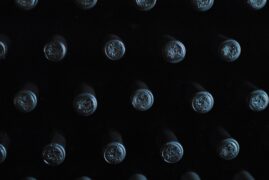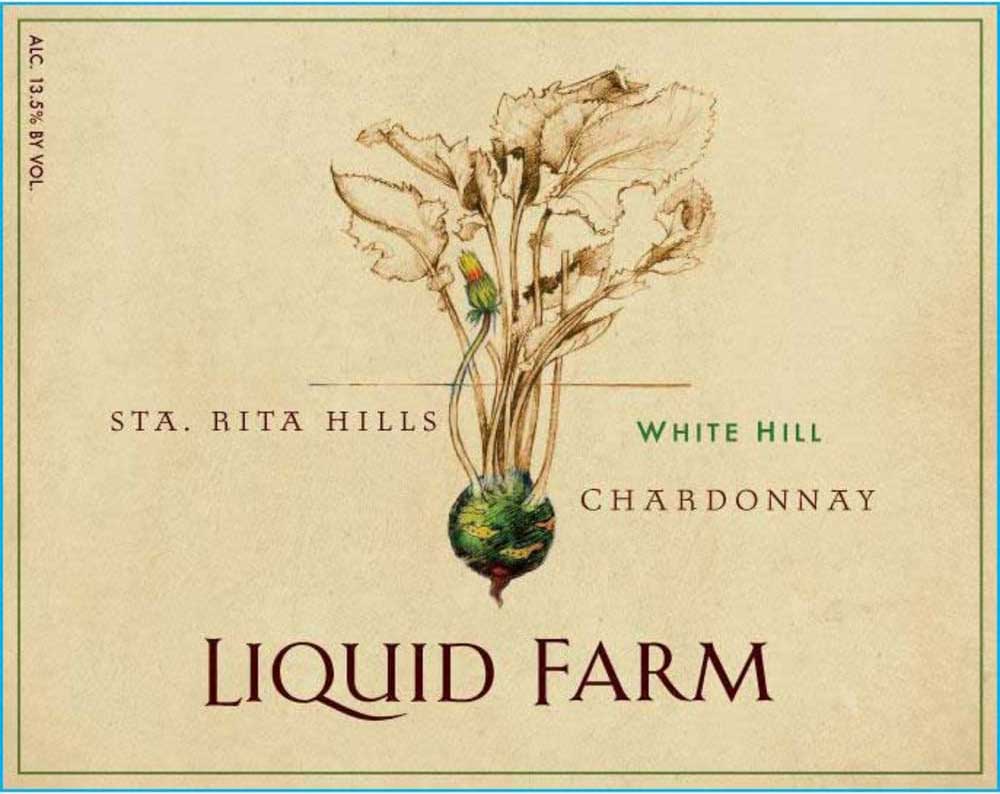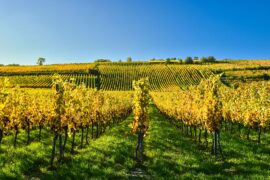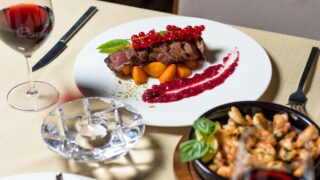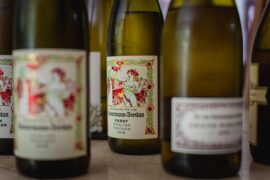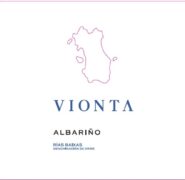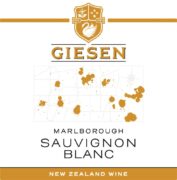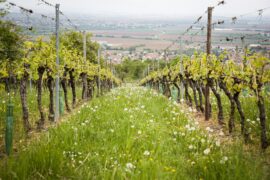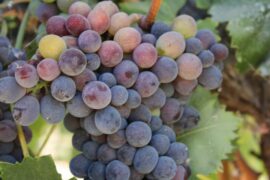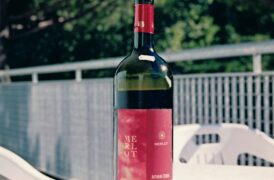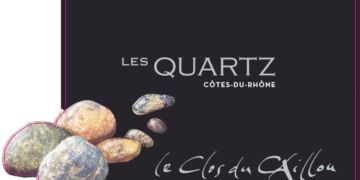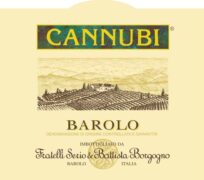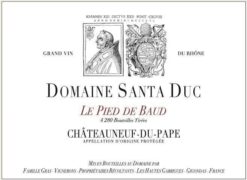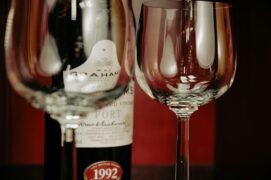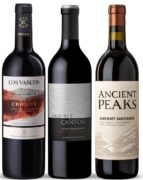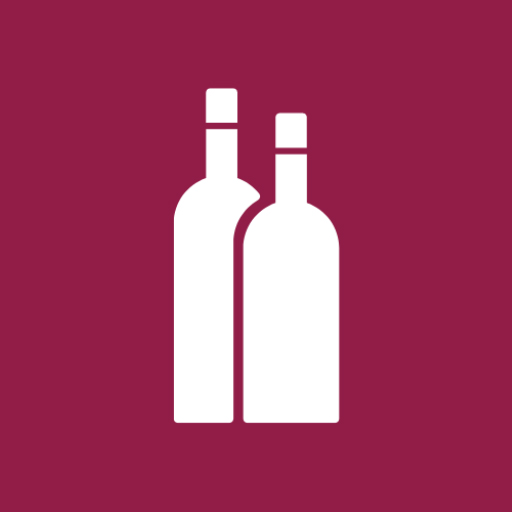What exactly is South African fine wine, and what is its potential for ageing? Four ultra-premium wineries, renowned for pioneering Cape Bordeaux blends, recently showcased their wines to a select group of journalists at London’s prestigious 67 Pall Mall club. The aim? To explore the concept of fine wine, define its meaning, and assess South Africa’s position within the global fine wine landscape, mapping out its future trajectory.
During the event, moderated by Areni Global’s Pauline Vicard, participants delved into the nuances of ‘fine wine.’ Meerlust, Vilafonté, Glenelly, and Mvemve Raats (MR) de Compostella presented two wines each—one from the challenging 2011 vintage and another from the near-perfect 2021 harvest. This provided a unique perspective on the evolution of fine wine in South Africa.
As the country celebrates 30 years of democracy, its wine industry has undergone a remarkable transformation. Post-Apartheid, South Africa emerged with what could be described as a “cellar palate,” but today, its wines are increasingly recognized in the fine wine category. Though production volume has decreased, quality has soared, and fine wine prices have risen, a boon in the face of currency volatility and political uncertainty.
The tasting event, titled “Building the Future. Exploring the Past,” was led by the witty and charismatic Master Sommelier Stefan Neumann. Together with Mike Radcliffe of Vilafonté and Bruwer Raats, the wines were compared across a decade, illustrating the impressive progress made by the industry. The 2011 and 2021 vintages from these four wineries demonstrated not only the capacity of South African wines to age but also the strides taken in winemaking techniques over the years. (Kanonkop was originally set to join the tasting but sent apologies.)
Pauline Vicard opened the event with a precise definition of fine wine, highlighting that it is a “human-related” product shaped by excellence as recognized by both critics and the public. As society evolves, so does the concept of fine wine. Areni Global’s definition, updated every two years in a white paper, emphasizes the importance of balance, complexity, harmony, ageability, and the capacity to evoke emotion. Vicard stressed that fine wine is no accident—it reflects the winemaker’s pursuit of truth and dedication to producing the best possible product.
An important addition to the latest definition is sustainability. A wine that can stand the test of time is not only valuable for its quality but also for the reputation it builds for future generations.
Bruwer Raats observed that a decade ago, the concept of fine wine was not widely understood in South Africa, nor did many winemakers believe they could achieve it. Today, a growing number of winemakers embrace the principles of fine wine production, prioritizing site expression and a more restrained approach to winemaking—employing less new French oak, earlier harvests, and a focus on terroir.
“Thirty years ago, producers planted to meet market demand,” Raats explained. “Now, vineyards are planted to suit the land. While it costs far more to establish a vineyard today—around half a million rand compared to just 45k thirty years ago—the results speak for themselves.”
The event underscored the immense progress South Africa’s wine industry has made and its promising future on the global fine wine stage.

